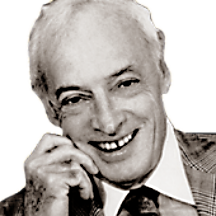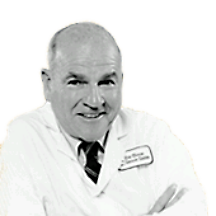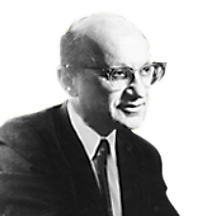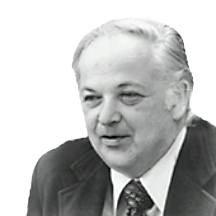Saul Bellow was born in 1915 in Lachine, Quebec , Canada. At the age of nine, he moved with his parents to Chicago, there he studied sociology and anthropology. He lectured on English literature in Princeton and New-York Universities and was a professor at the University of Minnesota.
Saul Bellow received the 1976 Nobel prize in literature “for the human understanding and subtle analysis of contemporary culture that are combined in his work.” The Nobel committee cited his book Seize the Day published in 1956, as one of the classical creations of our time.
Bellow’s first book, Dangling Man, was written in 1944. Since then he published many more, among them the Adventures of Augie March, Herzog, and Seize the Day.
Saul Bellow is one of the most important contemporary American writers. His literary contribution was rewarded in many grants and honors, among them the National Book Award as well as the prestigious Pulitzer prize.
In his novels, he has created a unique and original American style that ranges from storytelling in everyday language to complex intellectual analysis.
captured in his writings the American-Jew's condition, dangaling between modernity and tradition.






